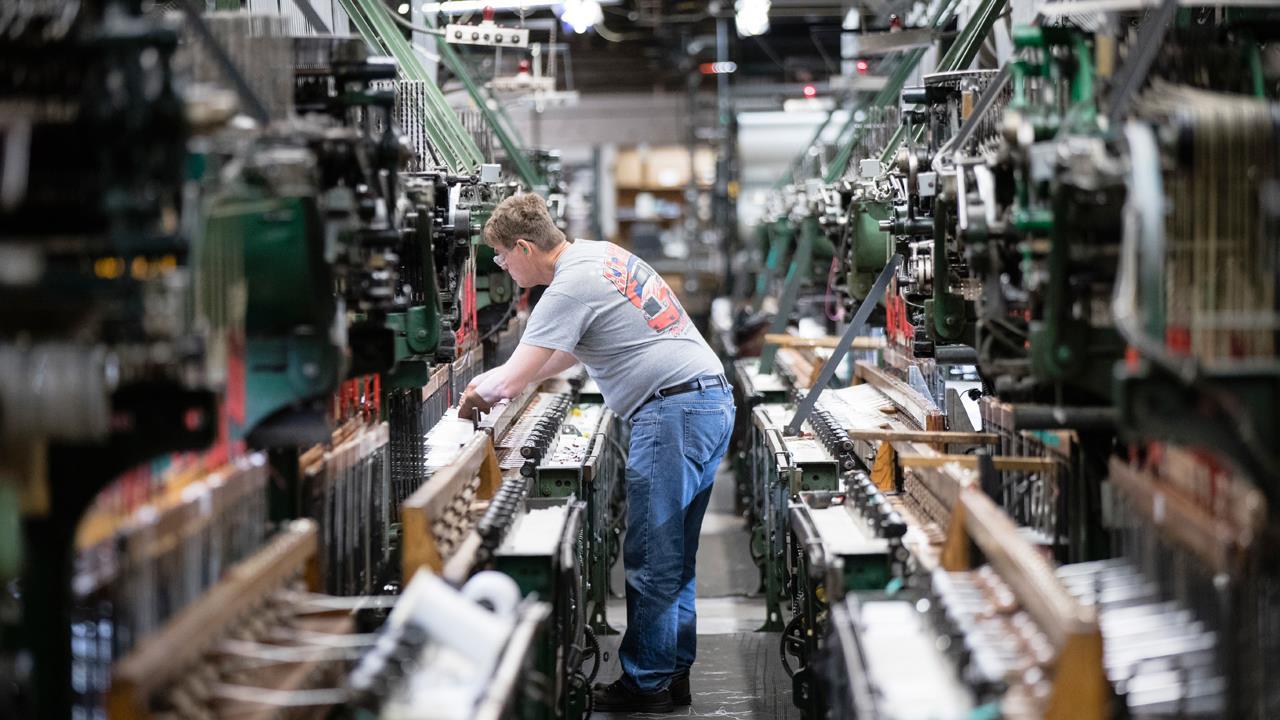American manufacturers want crackdown on fake ‘Made in USA’ labels
American manufacturers are calling on the Federal Trade Commission (FTC) to crack down on foreign companies that are falsely labeling their products as “Made in America.”
“When foreign manufacturers slap a Made in USA label on their goods, they are trying to game the system by taking advantage of the clout the label provides without doing any of the hard work. They shouldn’t get away with this,” the Alliance for American Manufacturers wrote on its website. “That ‘Made in USA’ label carries a lot of clout and can be a big selling point.”
The group says the government isn’t doing enough to punish companies fraudulently labeling their products this way.
According to recommendations from FTC Commissioner Rohit Chopra released in September, the agency should consider implementing penalties ranging from restitution to disgorgement to admissions of wrongdoing, upon the first violation.
Traditionally, guilty companies are only asked to pay after a second violation.
The FTC found three cases where products made in China were falsely labeled as produced in the U.S. Among those products were military-themed backpacks manufactured by Sandpiper/PiperGear USA – which were actually being sold to military bases overseas. Hockey pucks from Patriot Puck were found to be imported from China and mattresses from Nectar Sleep were found to be made in China – despite being branded otherwise.
The companies were not penalized beyond being asked to stop the false marketing practice.
The push to buy American products is part of President Trump’s platform to reinvigorate the U.S. economy and U.S. businesses. Americans are willing to pay more for products they believe are manufactured on U.S. soil, according to the report. Fake labels can give foreign sellers an undeserved competitive advantage – thereby hurting domestic producers who endure higher costs to build products in the U.S.
The call for a crackdown comes as the U.S. continues to carry on a tense economic relationship with China, as the administration rails against a number of Beijing’s economic practices – including its treatment of intellectual property – in an ongoing trade war.




















